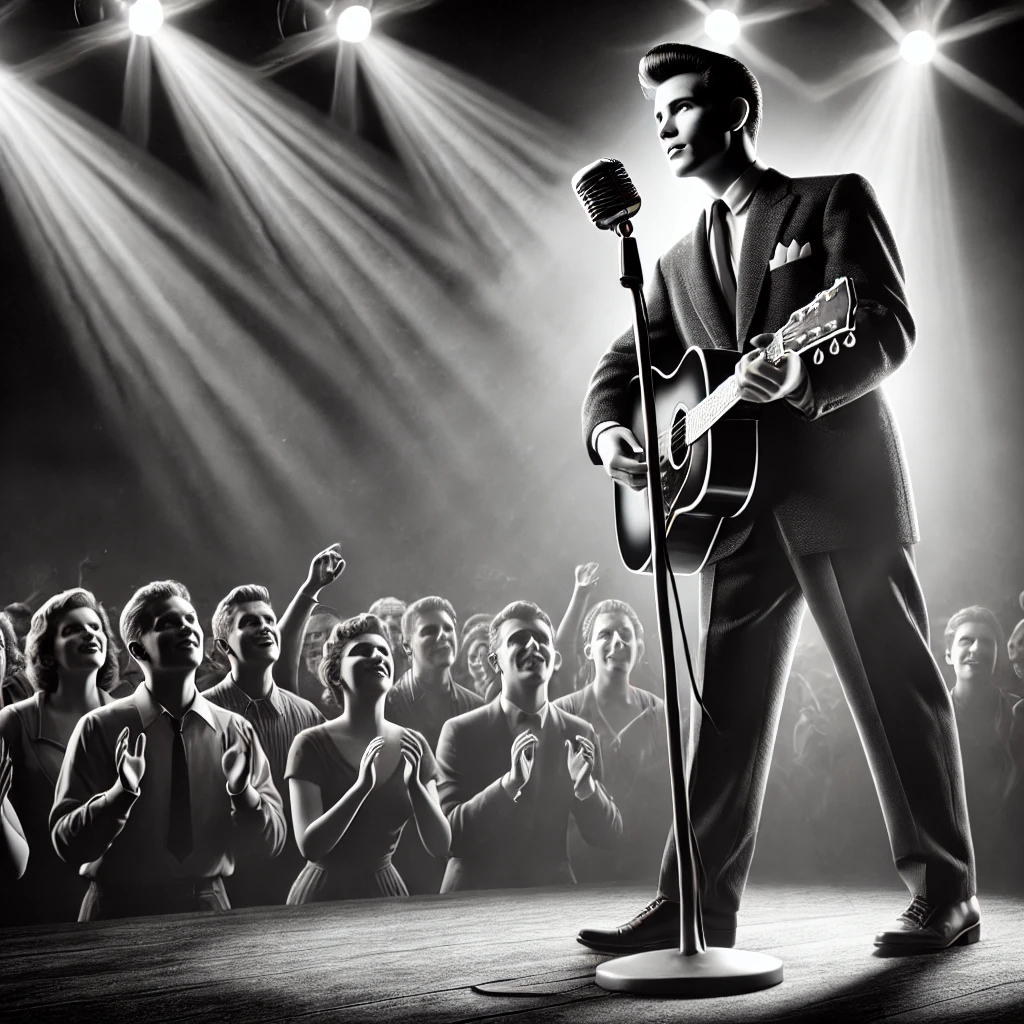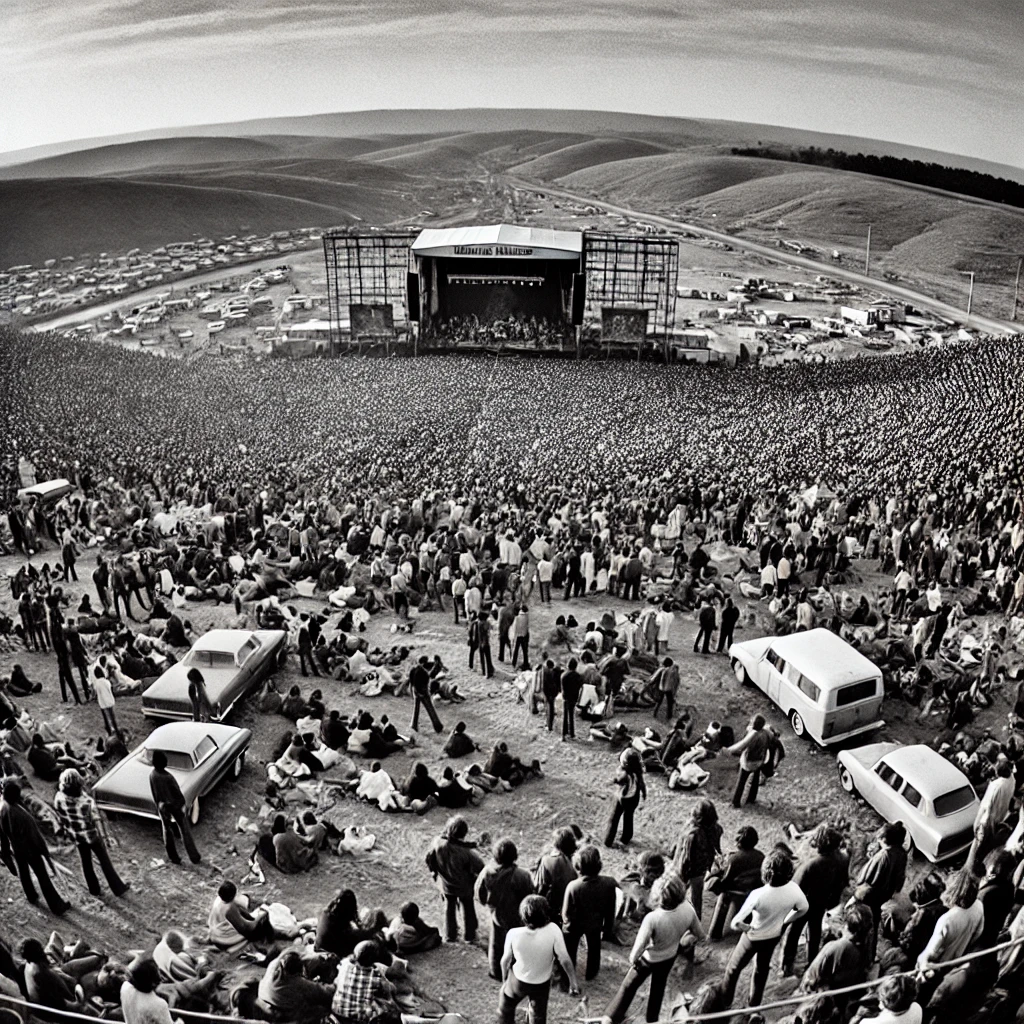When Queen took the stage at Wembley Stadium in 1986, it wasn’t just another concert—it was a historic moment in rock history. Freddie Mercury, in all his flamboyant brilliance, led the band through one of their most iconic performances. As one of his final major appearances before his tragic passing, this concert has gone down in history as a defining moment for both Queen and rock music. But what made this particular show so unforgettable? Let’s take a closer look at Queen’s electrifying performance and its lasting impact.
The Magic Tour: Queen’s Triumphant Return
By the time Queen hit the stage at Wembley Stadium on July 12, 1986, they were at the peak of their powers. The concert was part of their “Magic Tour,” which was intended to promote their latest album, A Kind of Magic. The tour was a massive success, selling out stadiums across Europe. Wembley was, without a doubt, the crown jewel of the tour, attracting a crowd of 72,000 fans eager to see Freddie Mercury in all his glory.
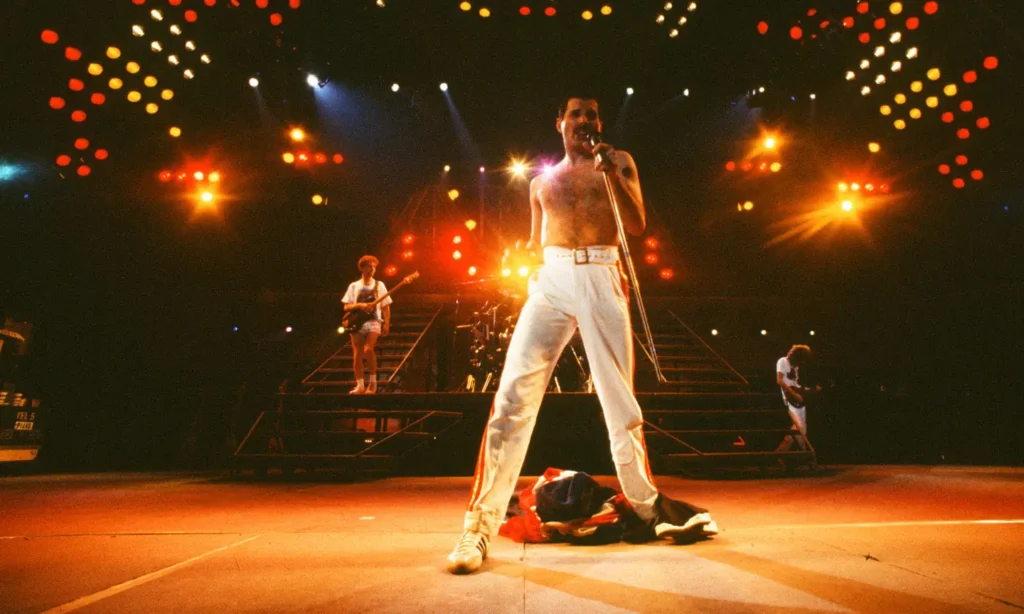
Freddie Mercury: A Frontman Like No Other
Freddie Mercury wasn’t just a singer—he was an icon, a force of nature on stage. His performance at Wembley showcased everything that made him a legend. Clad in his now-iconic yellow military-style jacket, Mercury commanded the stage with unparalleled charisma. His voice soared effortlessly through anthems like “We Will Rock You” and “Bohemian Rhapsody,” making it clear why he remains one of the greatest frontmen in rock history.
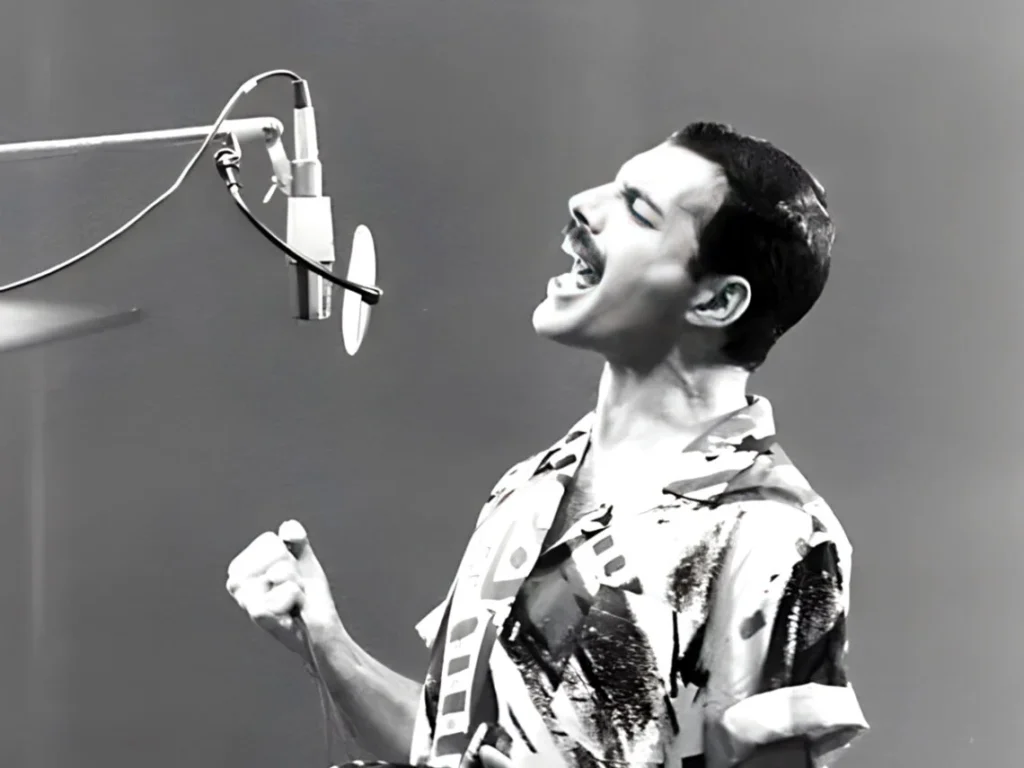

Setlist of Legends
Queen’s Wembley setlist reads like a greatest hits album. They opened with “One Vision,” setting the tone for a high-energy, unforgettable night. Fans were treated to hit after hit, including “Radio Ga Ga,” “Under Pressure,” and “I Want to Break Free.” The emotional peak of the night came during “Love of My Life” and the epic rendition of “Bohemian Rhapsody.” Every song was a celebration of Queen’s remarkable career, with Mercury’s powerful vocals leading the charge.
The Wembley Atmosphere: A Sea of Fans
The atmosphere at Wembley that night was electric. The stadium was packed with die-hard fans, many of whom knew this could be one of Queen’s last major performances. The sheer scale of the event, with 72,000 voices singing along to “We Are the Champions,” created a sense of unity and celebration. It was a moment where band and audience connected on a deeply emotional level, making it clear just how much Queen meant to their fans.
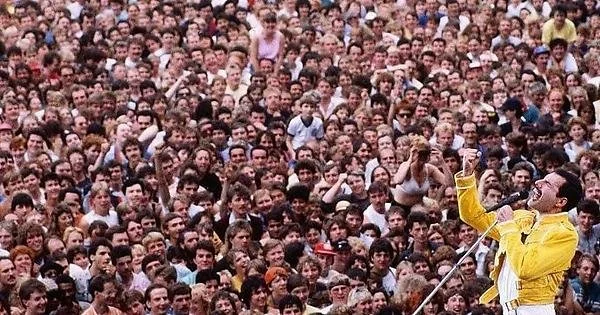

One of Freddie Mercury’s Last Great Performances
Though no one knew it at the time, this was one of Freddie Mercury’s final major performances. Mercury had been privately battling AIDS and would be diagnosed just a year later, in 1987. His health declined in the years following, but at Wembley, he showed no signs of slowing down. His energy, voice, and showmanship were as strong as ever, making this performance all the more poignant in hindsight. It stands as a lasting testament to his talent, courage, and indomitable spirit.
The Impact and Legacy of Queen’s Wembley Concert
Queen’s 1986 Wembley show is often cited as one of the greatest live performances in rock history. It was later immortalized in the Live at Wembley ’86 album and concert film, ensuring that future generations could witness the magic of that night. For many, it represents not just a moment in time, but the culmination of Queen’s extraordinary career and Freddie Mercury’s incredible legacy. Even today, watching the footage feels like stepping back into a golden era of rock music.
Conclusion: Why Queen’s Wembley Show Still Resonates
Queen at Wembley 1986 wasn’t just a concert—it was a cultural moment. With Freddie Mercury delivering one of his final and greatest performances, the show captured the essence of Queen’s magic and their connection with fans. It remains a high point in the history of live music and continues to inspire musicians and fans alike. For those lucky enough to have witnessed it, it was a night that will never be forgotten.
Sources:

